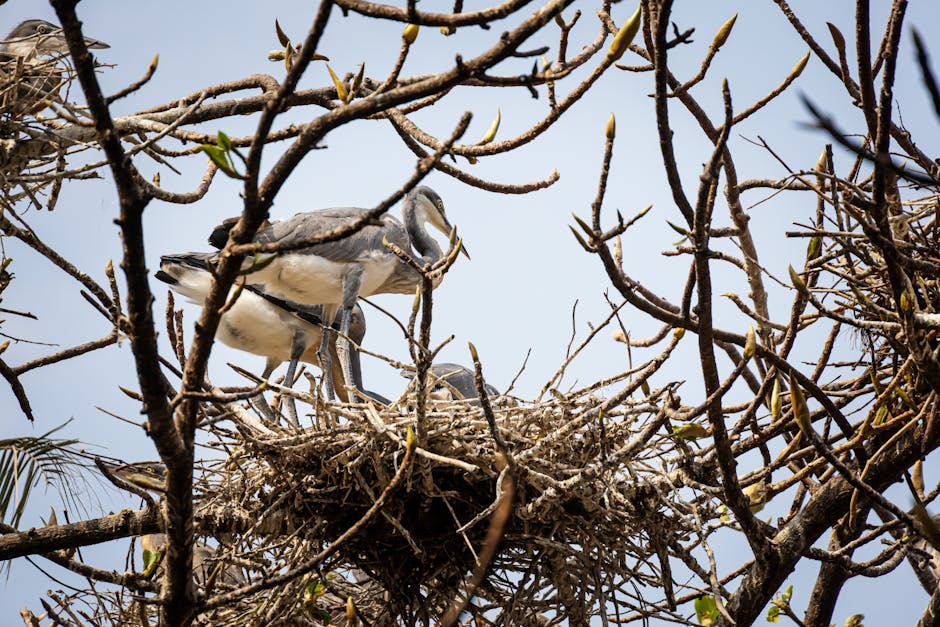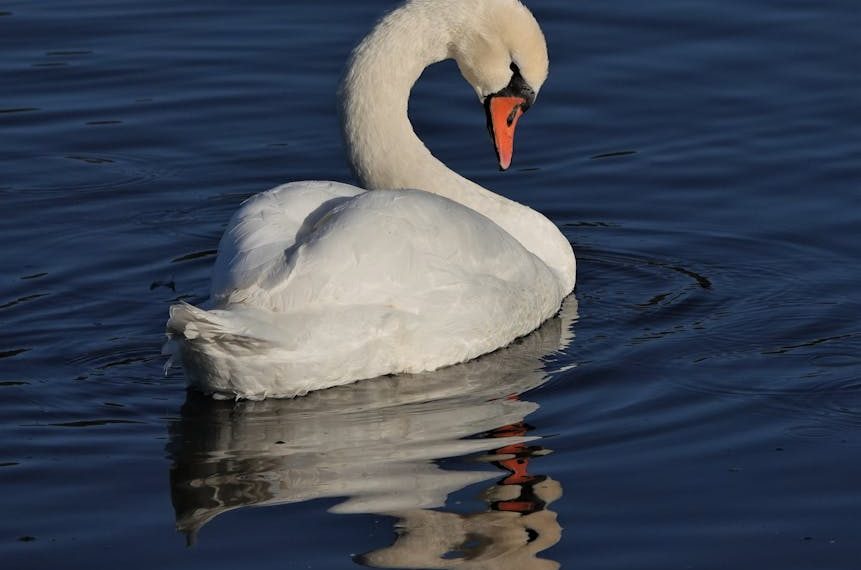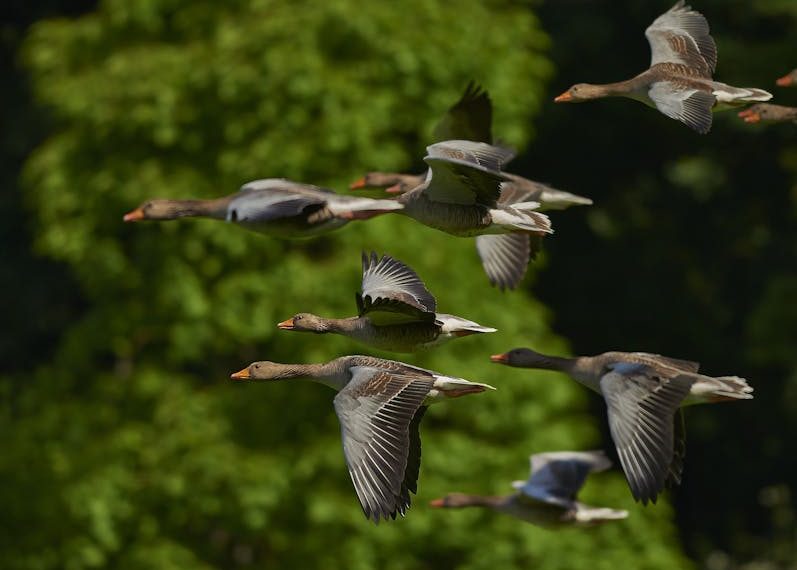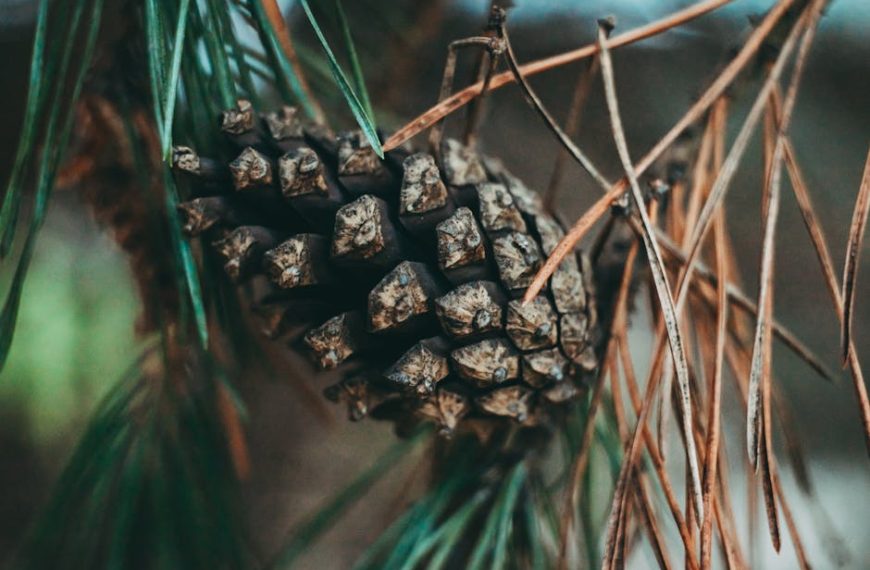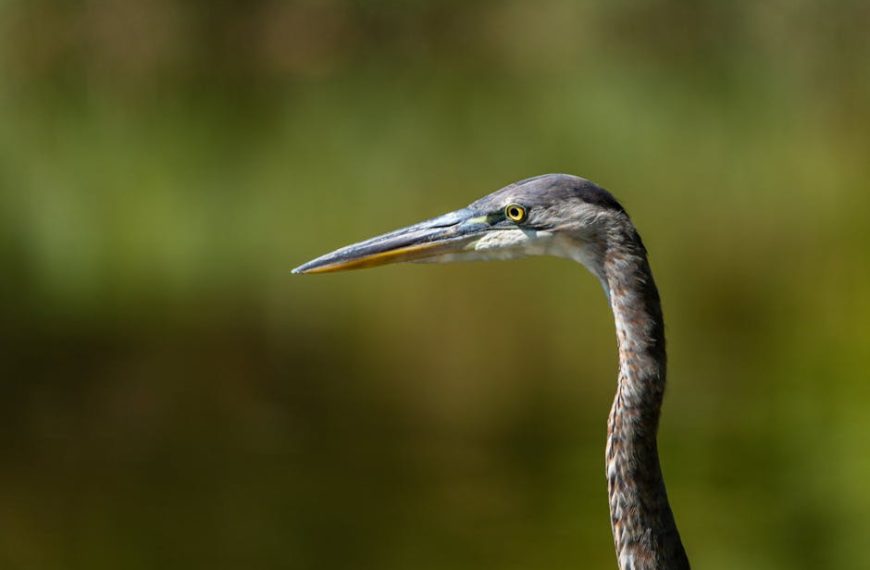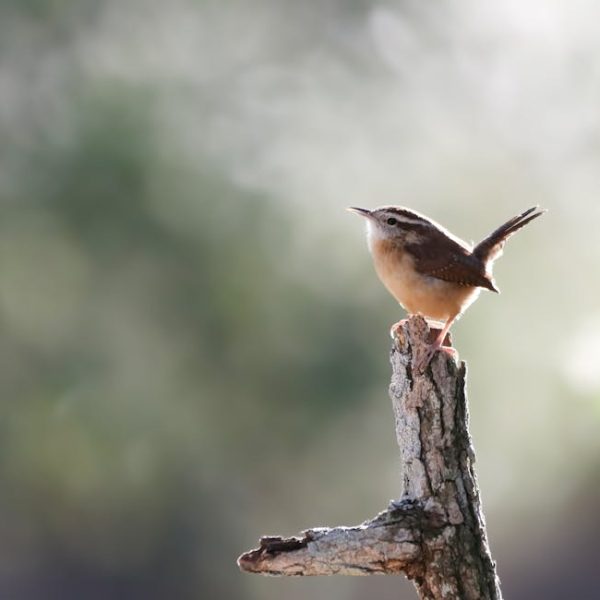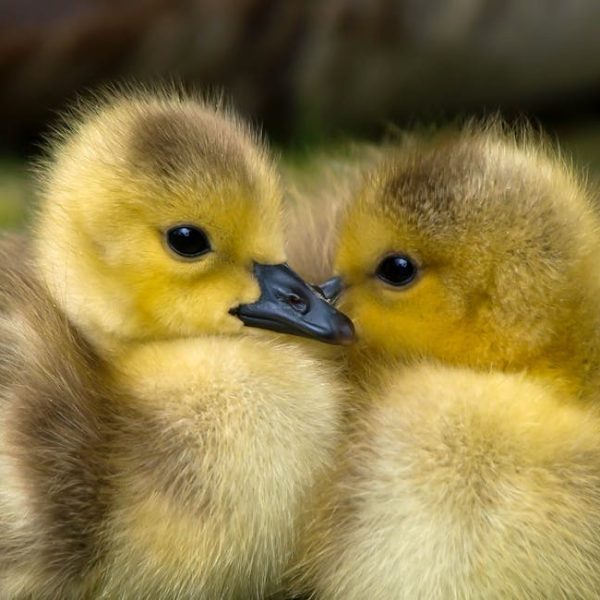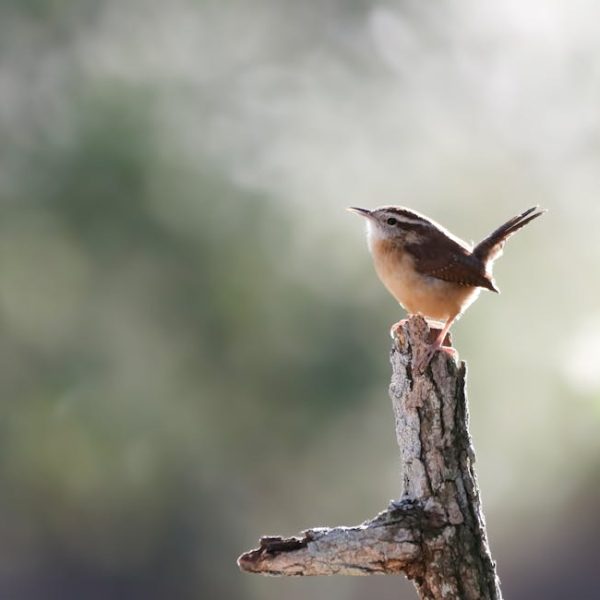As a homeowner, the incessant chatter of birds can be a charming signal of spring’s arrival, but when these winged guests decide to take up housekeeping on your porch, they can quickly become less welcome. Fortunately, it’s possible to discourage birds from nesting on your porch without causing them harm or flouting local wildlife laws.
Understanding Why Birds Choose Your Porch for Nesting
Birds are drawn to porches for numerous reasons, such as the safety these human-made structures offer from predators. Porches, with their overhead cover and various nooks and crannies, resemble natural nesting environments in trees. They’re also often conveniently near to food sources, including bird feeders, gardens and rubbish bins, making them attractive nesting spots.
Best practices to observe bird behaviour include:
- Regularly monitor the types of birds frequenting your porch.
- Take note of what might be drawing them there – food, cover, nesting materials.
- Understand their nesting cycles – certain times of year might be more problematic than others.
The Dangers and Drawbacks of Birds Nesting On Your Porch
Having birds nest on your porch isn’t just an inconvenience—it may also bring noise, mess, and potential health risks. Droppings can stain and damage porch materials, while nests can block drains and cause water damage. Moreover, birds and their droppings can potentially transmit diseases like avian flu to humans.
Pro tips for co-existing with wildlife include:
- Keep your porch clean and free of food crumbs or scraps that might attract birds.
- Maintain a safe distance from nesting birds to avoid disturbing them or their nests.
- Install suitable birdhouses or nesting boxes away from your house to provide an alternative nesting site.
Implementing Deterrents to Avoid Birds Nesting
There are many non-harmful ways to deter birds from nesting on your porch. Bird spikes can prevent perching, while netting can block access to desirable nesting sites. Decoy predators like owl or hawk statues can also be effective, although they may need to be moved regularly to maintain their deterrent effect.
Checklist of bird deterrent tactics:
- Install bird spikes or netting.
- Hang wind chimes or other noise-generating devices.
- Regularly move decoy predators to maintain their effectiveness.
Pro and Cons of Bird Deterrents
| Deterrent | Pros | Cons |
|---|---|---|
| Bird spikes | Effective in preventing perching. | May not discourage smaller bird species. |
| Decoys | Can deter a range of bird species. | Can require regular movement to maintain authenticity. |
| Netting | Can block access to desired nesting locations. | Installation can be time-consuming. Birds can potentially become entangled. |
Maintenance and Regular Inspection of Your Porch
Regular porch maintenance goes a long way in preventing birds from establishing residence. This includes clearing away any loose materials birds might use for nest-building, and sealing off potential nesting areas like gaps in siding or under eaves. Conduct periodic inspections, especially during nesting season, to remove any fresh nests before birds have a chance to settle.
Best practices for porch maintenance and inspection include:
- Regular cleanup of food items, garbage, or scattered seeds that might draw birds.
- Seal any evident nesting spots, such as holes, gaps, or crevices.
- Carry out inspections more frequently during popular nesting seasons (usually spring).
Pro Tips for effective porch maintenance:
- Schedule your inspections at the right time, preferably late afternoon or early evening when birds have returned to their nests.
- Maintenance should be done as often as once a week during peak seasons.
- Remove fresh nests promptly before birds lay any eggs.
Local Regulations and Legalities Related to Bird Nesting
Attempting to remove a bird nest or deter nesting birds may be legally tricky, as many bird species are protected by laws at local, state, and federal levels. It’s essential to identify the species before taking action, and when in doubt, consult with local wildlife authorities. The best course is to prevent nest-building before it happens while staying within the bounds of the law.
Key legal points to consider:
- Many bird species are protected by the Migratory Bird Treaty Act which stipulates that it’s illegal to harm these birds or tamper with their nests.
- Some birds, like sparrows and pigeons, are not protected and their nests can be removed without legal repercussions.
- Always confirm local regulations before taking action. Positively identifying the bird species can help clarify the legality of your potential actions.
Best practices to keep within the law:
- Engage a licensed professional if you’re unsure how to legally and safely handle a bird nest situation.
- Report any dead or injured birds to your local wildlife control.
- Use humane, non-lethal deterrent methods to encourage birds to nest elsewhere.
Key Takeaway:
- Birds often choose to nest on porches due to perceived safety and proximity to food sources.
- Encountering birds nesting on your porch can result in noise disturbances, damage from droppings, and potential health risks.
- Implementing deterrent techniques such as bird spikes, netting or decoys can effectively inhibit bird nesting.
- Regular maintenance and inspections of your porch can prevent possible nesting opportunities.
- Local legalities must be keenly observed before interfering with bird nests, as many bird species are protected by laws at local, state, or federal levels.
Ensuring our homes remain a peaceful abode without causing harm to the natural world requires responsibility, understanding and patience. Use these tips to coexist peacefully with your flying neighbours and remember to respect nature’s boundaries.
FAQs
Q: How can I provide a safer alternative for birds to nest other than my porch?
A: You can set up birdhouses or nesting boxes in your yard to provide a safer and more appealing space for birds to nest.
Q: Are there any natural deterrents I can use to prevent birds from nesting on my porch?
A: Natural deterrents can include certain plants that birds dislike or essential oils such as peppermint or eucalyptus sprayed around your porch.
Q: If a bird has already built a nest and laid eggs on my porch, what should I do?
A: If this occurs, it’s important to consult with local wildlife authorities before taking any action, as it might be against the law to interfere with the nest.
Q: What potential diseases can humans contract from birds?
A: Some of the potential diseases that can be transmitted from birds to humans include avian flu and salmonellosis.
Q: Can the presence of another pet, like a dog or cat, discourage birds from nesting?
A: Yes, birds are likely to avoid areas where they feel threatened. The presence of pets, such as cats or dogs, can work as a deterrent for birds.
Feel free to share this post with others who may find it helpful and explore other interesting topics on our website.
